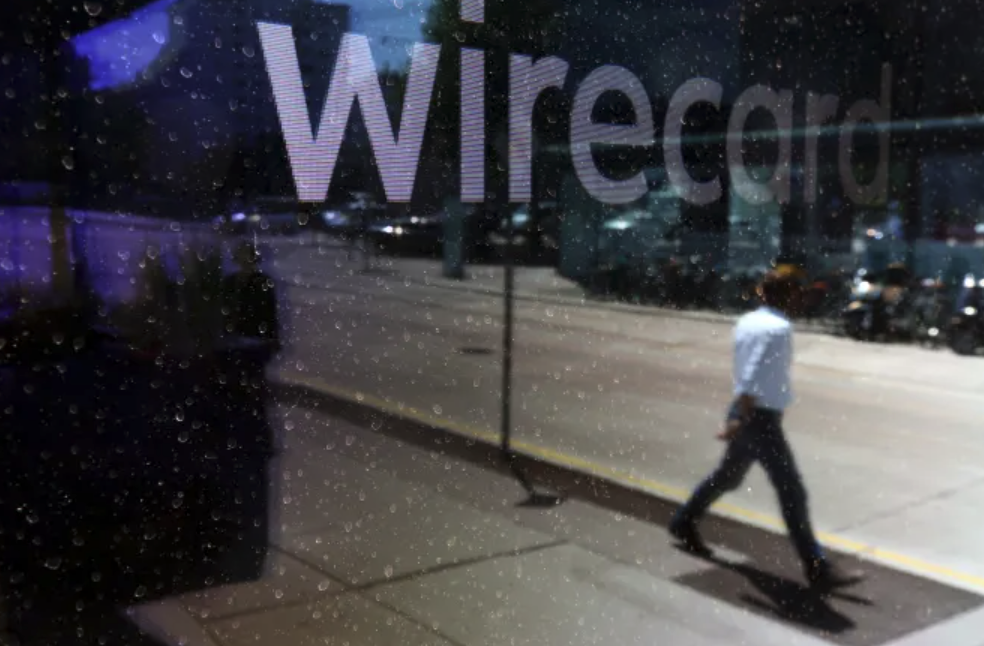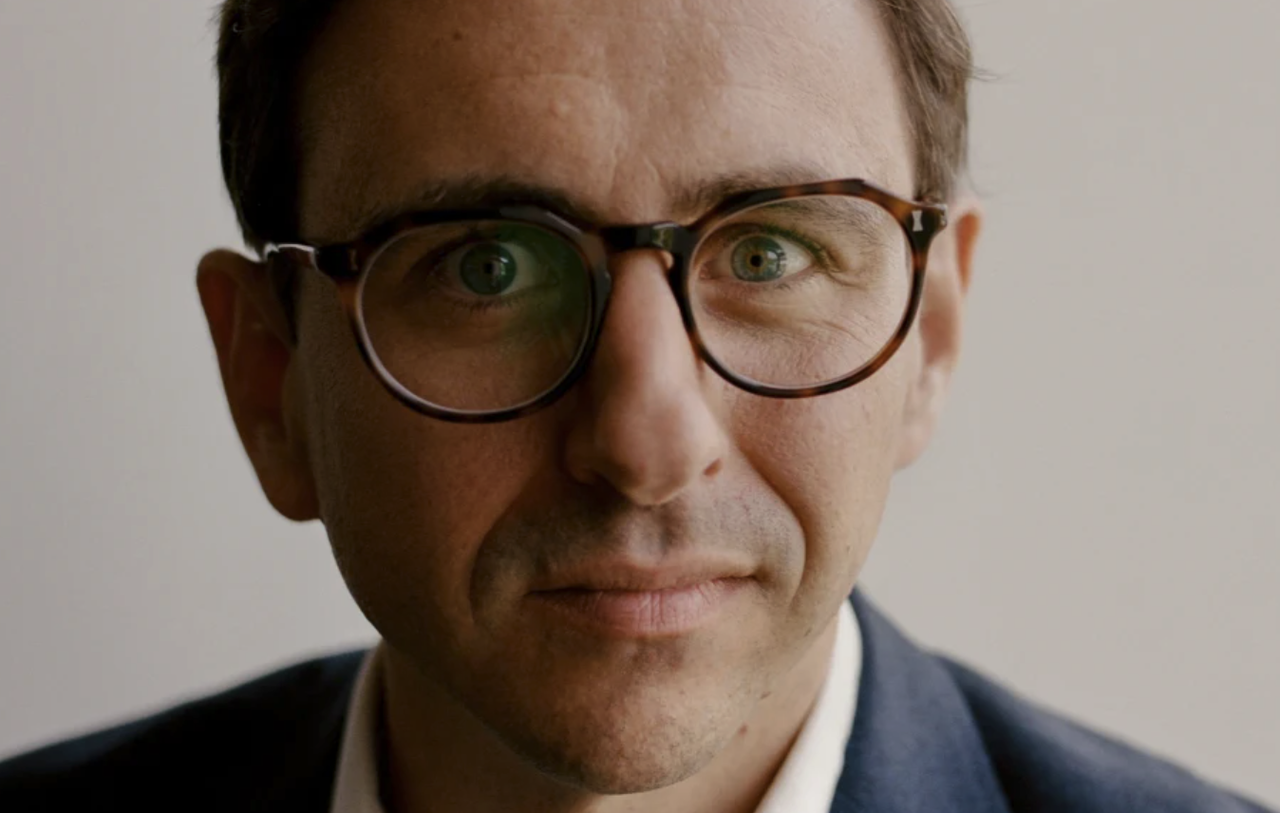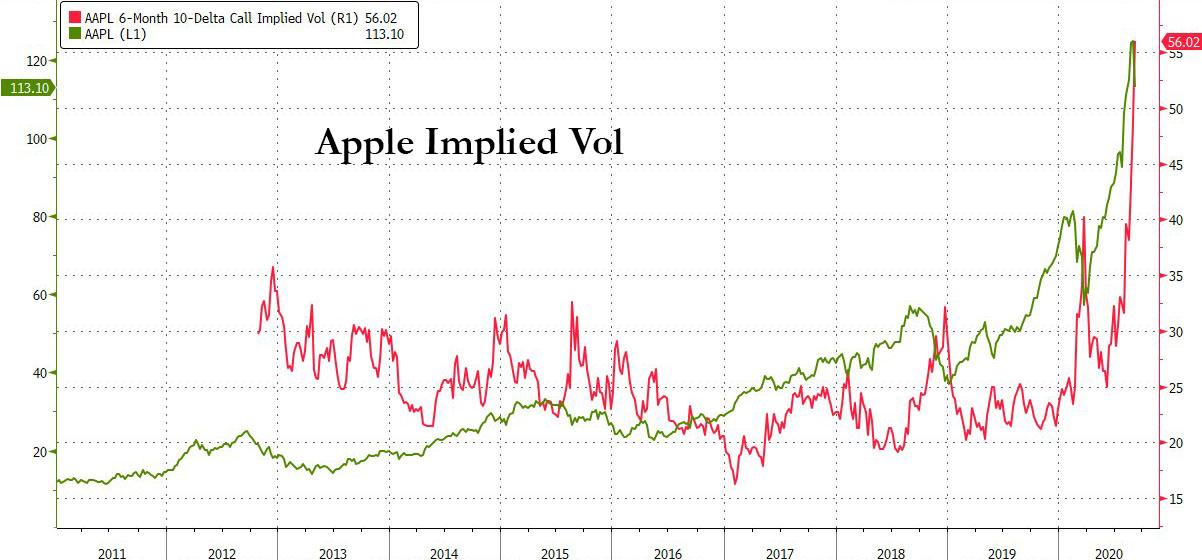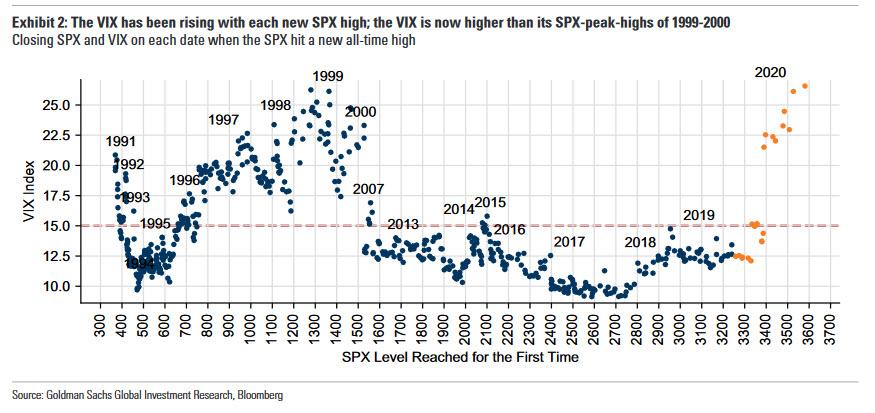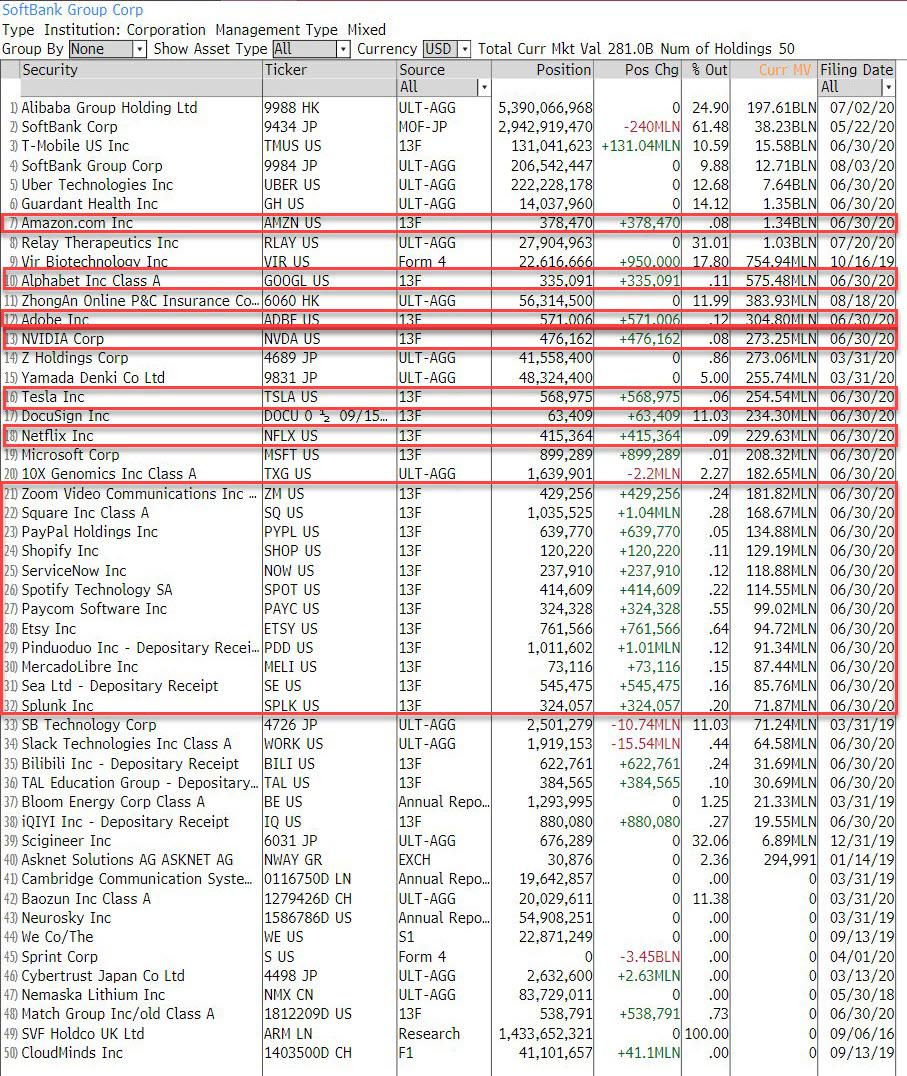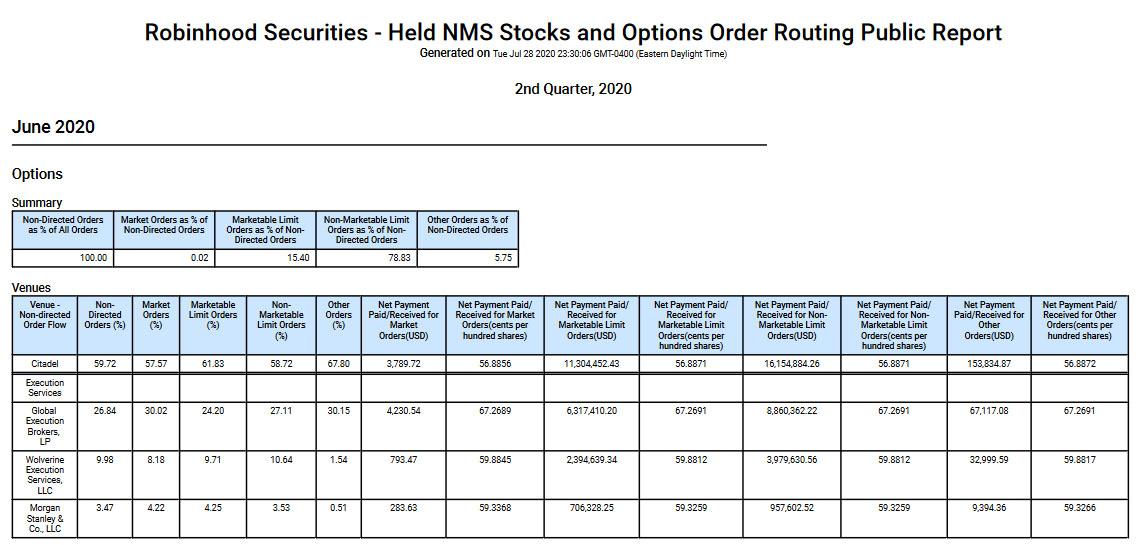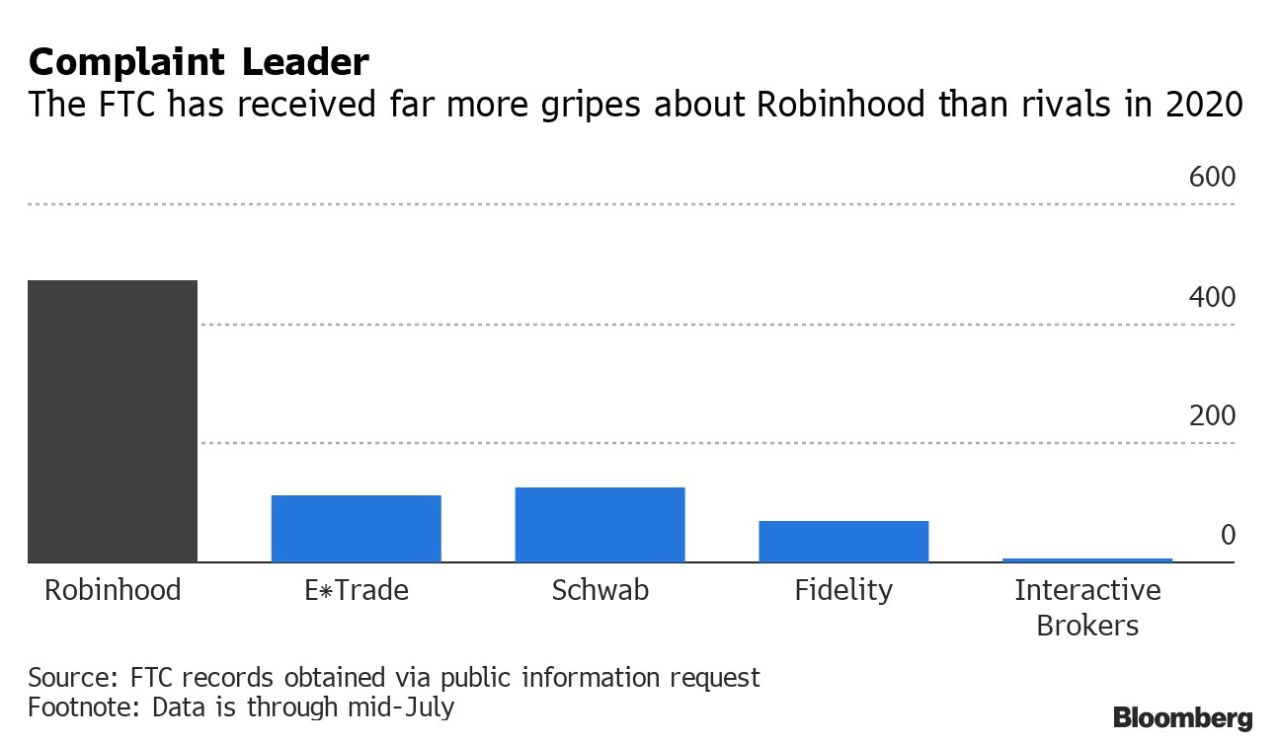In what looks like one of the biggest leaks of private banking records since the Panama Papers, Buzzfeed News has published a lengthy investigation into how the world's biggest banks allow dirty money from organized criminals, drug cartels, and terror groups like Al Qaeda and the Taliban to flow through their networks.
The "FinCEN Files", as Buzzfeed calls them, offer "a never-before-seen picture of corruption and complicity." A lengthy investigation by Buzzfeed and the International Consortium of Investigative Journalists - the same group that handled the Mossack Fonseca leaks -
Instead of combating financial crime, the current system of requiring banks to report all suspicious transactions to FinCen simply allows money laundering to flourish, while ensuring that any enforcement will be of the 'whack-a-mole' variety.
These documents, compiled by banks, shared with the government, but kept from public view, expose the hollowness of banking safeguards, and the ease with which criminals have exploited them. Profits from deadly drug wars, fortunes embezzled from developing countries, and hard-earned savings stolen in a Ponzi scheme were all allowed to flow into and out of these financial institutions, despite warnings from the banks’ own employees.
Money laundering is a crime that makes other crimes possible. It can accelerate economic inequality, drain public funds, undermine democracy, and destabilize nations — and the banks play a key role. “Some of these people in those crisp white shirts in their sharp suits are feeding off the tragedy of people dying all over the world,” said Martin Woods, a former suspicious transactions investigator for Wachovia.
Laws that were meant to stop financial crime have instead allowed it to flourish. So long as a bank files a notice that it may be facilitating criminal activity, it all but immunizes itself and its executives from criminal prosecution. The suspicious activity alert effectively gives them a free pass to keep moving the money and collecting the fees.
The Financial Crimes Enforcement Network, or FinCEN, is the agency within the Treasury Department charged with combating money laundering, terrorist financing, and other financial crimes. It collects millions of these suspicious activity reports, known as SARs. It makes them available to US law enforcement agencies and other nations’ financial intelligence operations. It even compiles a report called “Kleptocracy Weekly” that summarizes the dealings of foreign leaders such as Russian President Vladimir Putin.
What it does not do is force the banks to shut the money laundering down.
In response to Buzzfeed's questions about the leaked trove of SARs, the Treasury Department warned that the company's decision to publish information gleaned from the leaked SARs could make banks more hesitant to file them, because inevitably hundreds of thousands of reports are filed every year involving transactions that are legitimate. The program was first created in 1992, but it has changed substantially over the last 20 years.
Congress created the current SAR program in 1992 making banks the frontline in the fight against money laundering. But Michael German, a former FBI special agent who is a national security and privacy expert, said that after 9/11, "the SAR program became more about mass surveillance than identifying discrete transactions to disrupt money launderers.” Today, he said, "the data is used like the data from other mass surveillance programs. Find someone you want to get for whatever reason then sift through the vast troves of data collected to find anything you can hang them with."
It also warned that leaking SARs is illegal, and that the Treasury Department's inspector general would be looking into the leaks.
Since we must give credit where credit is due, Buzzfeed does point out that in addition to being a powerful law-enforcement tool, the SAR system is a "nightmare" of surveillance overreach. Particularly after 9/11, the system evolved into a tool of mass surveillance, creating a massive trove of data that could be weaponized against anybody, according to a former FBI special agent who spoke to Buzzfeed.
Congress created the current SAR program in 1992 making banks the frontline in the fight against money laundering. But Michael German, a former FBI special agent who is a national security and privacy expert, said that after 9/11, "the SAR program became more about mass surveillance than identifying discrete transactions to disrupt money launderers."
Today, he said, "the data is used like the data from other mass surveillance programs. Find someone you want to get for whatever reason then sift through the vast troves of data collected to find anything you can hang them with."
When it came time for Robert Mueller to investigate the Trump Campaign's ties to Russia, and whether the president knowingly colluded with a foreign government - a narrative, we later learned, with zero basis in fact - Mueller was able to access reams of SARS filed on Manafort, Michael Cohen and other members of Trump's circle.
What did any of this have to do with Russia? Nothing, apparently.
They requested SARs on Deutsche Bank, which had loaned Trump money; Christopher Steele, the former MI6 agent who wrote the so-called Trump dossier; an array of Russian oligarchs; Trump’s former campaign chairperson Paul Manafort; and even a small casino in the Pacific run by a former Trump employee. All told, they were looking for information on more than 200 entities.
Many of the 1,000-plus SARS received by Buzzfeed were apparently requested by the Mueller team. However, none of the SARS included any direct information on Trump or the Trump Organization.
FinCEN unearthed tens of thousands of pages of documents. Those documents, along with a few additional SARs requested by federal law enforcement authorities, make up the majority of the FinCEN Files. Some were never turned over to the committees that requested them.
A person familiar with the matter blew the whistle to multiple members of Congress. The collection does not include any SARs about Trump’s finances. (A source familiar with the matter told BuzzFeed News that FinCEN’s database did not contain SARs on either Trump or the Trump Organization.) And though the documents show suspicious payments to people in Trump’s orbit before and after key moments in the 2016 presidential campaign, they do not provide direct information on any election interference.
When banks settle AML violations with regulators, typically, they're asked to improve their controls - and in most cases, that means filing more SARs. The way the system is set up, banks are required to detail transactions, but have no say in prosecuting them, and staff cuts at FinCEN mean only a very small percentage of notices every get read.
However, since all of this data is stored, prosecutors can bring it to bear whenever a particular person or organization catches their interest.
Buzzfeed saved the banks' statements on their investigation for a separate article (one that most of its readers will probably never see). But in a series of statements, the banks explain that its not their place to investigate these types of crimes. Buzzfeed reports that banks' compliance workers are often shunted away in backwater offices in places like Jacksonville Florida (where many of Deutsche Bank's compliance employees are situated).
More than 2 million SARs were filed over the past year, a massive increase over the past decade, according to Buzzfeed. That's because, as banks have been filing more reports to cover their own backsides, regulators have endured staff cuts that left far fewer people there to examine them.
But some of the most egregious financial frauds in recent memory never generated a single SAR, including Bernie Madoff's Ponzi scheme. When the reckoning with authorities came, JPM got off with a slap on the wrist.
PMorgan Chase got a deferred prosecution deal of its own. For years, it was the primary bank of the world’s biggest Ponzi schemer, Bernie Madoff. Despite multiple warnings from its own employees, the bank never filed a suspicious activity report on him and allegedly collected $500 million in fees. For punishment, the bank was required to pay a $1.7 billion fine and promise to improve its money laundering defenses. But after it settled the Madoff case, the bank’s own investigators said they suspected it had opened its accounts to an alleged Russian organized crime figure who is known for drug trafficking and contract murders, as well as businesses tied to the repressive North Korean regime, which the US has placed off-limits.
Buzzfeed's sources argue that the only way to fix the problem is to arrest the executives of banks that break laws.
"The bankers will never learn until you start putting silver bracelets on people...Think of the message you're sending to repeat offenders."
[...]
"These guys know what they're doing," said Thomas Nollner, a former regulator with the Office of the Comptroller of the Currency. “You break the law, you should go to jail, period."
Of course, the report also pointed out why this hasn't yet happened - and why it probably never will. Because thanks to the Fed and the Treasury, 'too big to fail' also means 'too big to prosecute'.
In 2012, Standard Chartered and HSBC were facing criminal prosecution. George Osborne, at that time the UK’s chancellor of the exchequer, wrote to the chairperson of the US Federal Reserve, Ben Bernanke, and Treasury Secretary Timothy Geithner to discuss his “concerns” that a heavy-handed response could have “unintended consequences.” He warned of a “contagion.” The implication: Close one bank and the whole economy could suffer.
Because while money might come from unsavory places - Russian organized criminals, the Taliban, etc - it still contributes to economic growth, and puts dollars into the banking system.
One ex-federal agent told Buzzfeed there's a "mosaic" of reasons why banks are rarely prosecuted for AML violations: “Even if it's bad wealth, it buys buildings,” he said. “It puts money into bank accounts. It enriches the nation.”
